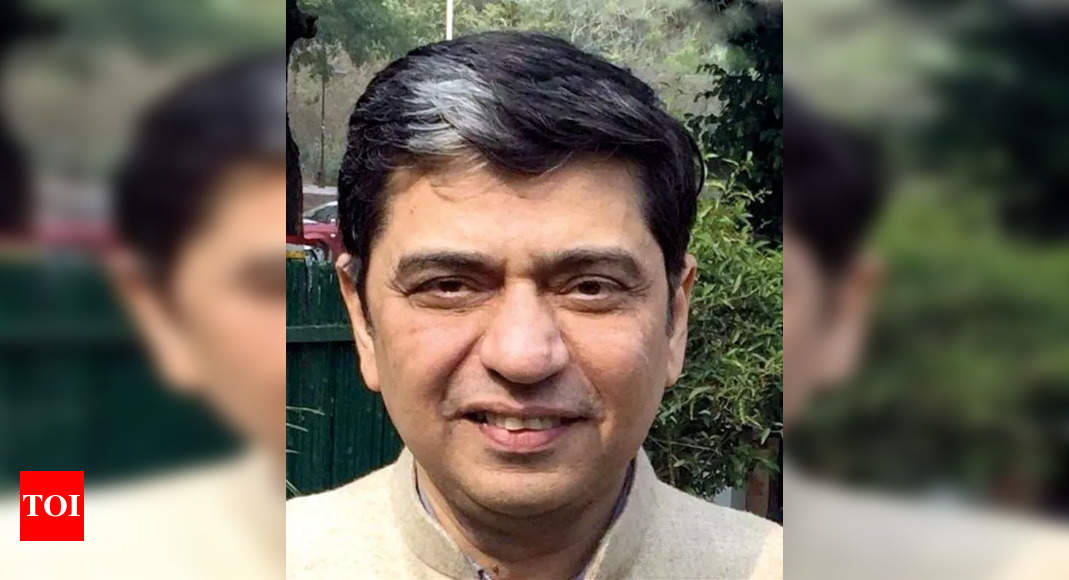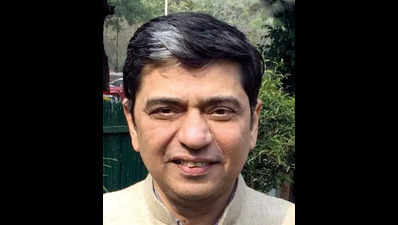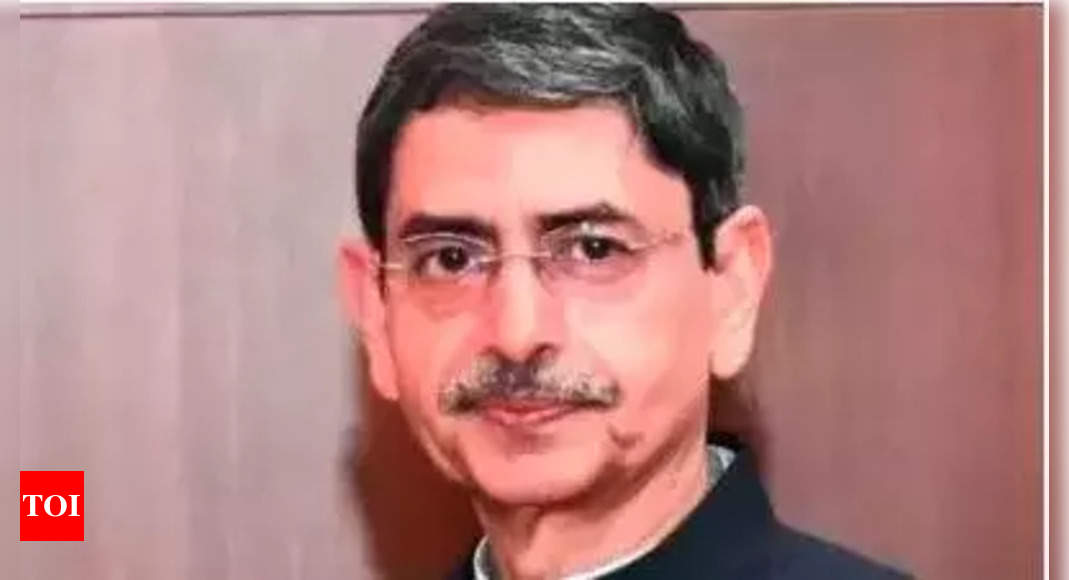There is something compelling about refined gentleness. So compelling, in fact, that even in these polarised and angry times, it manages to rise above the vitriol that characterises so many of our public conversations and makes us recognise its quiet power. In the persona of Zakir Hussain, we saw this power on display as he managed to remain one of the few people about whom virtually nobody had a negative thing to say.
What made him unique wasn’t just his virtuosity with the tabla, though that was extraordinary enough. It was his ability to make music that reached what one might call a substrate of oneness, a place that transcended rather than denied differences. In an age where identity is worn as a badge of differentiation, Hussain’s music suggested a more profound truth—that the deeper we go, the more connected we feel. We simply outlast and outpace differences. That what lay beneath all the things that we believe define us was something far deeper and infinitely more valuable- something words and labels could not begin to describe.
Consider the ease with which he inhabited seemingly contradictory spaces. Here was a classical tabla maestro who could sit behind a Western drum kit with complete naturalness, an accompanist to orthodox purists who could just as easily collaborate with experimental fusion artists. He was equally at home in a traditional mehfil and a global jazz festival, in an austere classical recording and a playful advertisement for tea that became part of our cultural memory.
In his case, belonging to one label or another seemed to be no struggle —he simply followed the music to its natural destinations. His music suggested a deeper authenticity that made such movements across cultural spaces seem natural rather than self-conscious. He was every inch an Indian artist even as he became a completely natural global citizen, suggesting that these identities need not be at war.
Unusually for a classical musician, for decades he was the face of a brand of tea, in what was a truly inspired collaboration and yet he was never deemed to have sold out to the forces of commerce. He was a young heartthrob who came closest to generating a rockstar -like reaction among his audience, and yet the adulation, while gratefully acknowledged, did not seem to change him in any way.
The secret perhaps lay in his chosen instrument and role. The tabla, in the classical tradition, is primarily an accompaniment, its artistry lying in enhancement rather than domination. His role was to help the music discover what it wanted to become. As the guardian of time, his tabla spoke when it needed to in the manner that the music demanded, in whispers or as thunder. This is a peculiar kind of genius—one that finds its fullest expression in making others sound better.
He managed his superstardom with grace, never allowing it to overshadow either his art or his role as an accompanist. He represented the face of the tabla, in mainstream consciousness, these two were synonymous, but he always took care to shrug off superlatives by calling attention to the other maestros of the instrument who were not as well known.
This quality extended beyond his music. There was a grace with which he embraced people from all walks of life, and the genuine warmth with which he engaged across hierarchies of fame and status, suggested someone who understood that true artistry lies in connection rather than performance. In an era of carefully curated public personas, his humility felt neither practised nor strategic nut as an overflow from his natural persona.
An aspect that made his passing feel wrong was that he embodied a sense of youth regardless of his age. His mane, even if it had become less lush with time, was still a joyous accompaniment to his music, bouncing along as he weaved his magic on the tabla. His visage was never burdened, never lined with cynicism; the aura of youthfulness that he exuded was rooted not in time but in innocence. There was a refusal to let the outside world intrude on and taint the sacred pact he had with music.
In his art, we saw the possibilities of differences becoming reasons for dialogue rather than division. He worked across the spectrum of musical expression—from the most orthodox to the most experimental, without compromise or dilution. With his music, he demonstrated how tradition, when deeply understood, becomes a way to exercise freedom rather than act as a confining cage. His mastery of the classical form was so complete that he could experiment freely without ever feeling restrained by tradition.
This has implications far beyond music. In a world increasingly anxious about cultural appropriation and authenticity, Hussain showed how true cross-cultural dialogue might work—not through superficial borrowing or defensive preservation, but through deep understanding and genuine respect. The numerous collaborations that marked his career weren’t just musical experiments; they were demonstrations of how differences might be bridged without being erased. Whether performing with jazz legends or classical maestros, what emerged wasn’t a reduction to the lowest common denominator but an elevation to new possibilities of expression.
What was most remarkable was that he managed to do this without ever making it an overt cause. There was no preaching, no messaging about breaking barriers or building bridges. The transcendence of differences emerged naturally from the music itself, from its ability to reach that substrate of oneness where our constructed divisions reveal their ultimate insubstantiality. The music did the talking; words were not needed.
What made Ustad Zakir Hussain so special was that he embodied the power of wholeness through everything he did and represented. In some ways, he exemplified why music occupies such a special place in our hearts, and why it can reach places that nothing else can. Music makes us better than we deserve to be, and Zakir Hussain brought us face-to-face with our better selves.
santosh365@gmail.com




